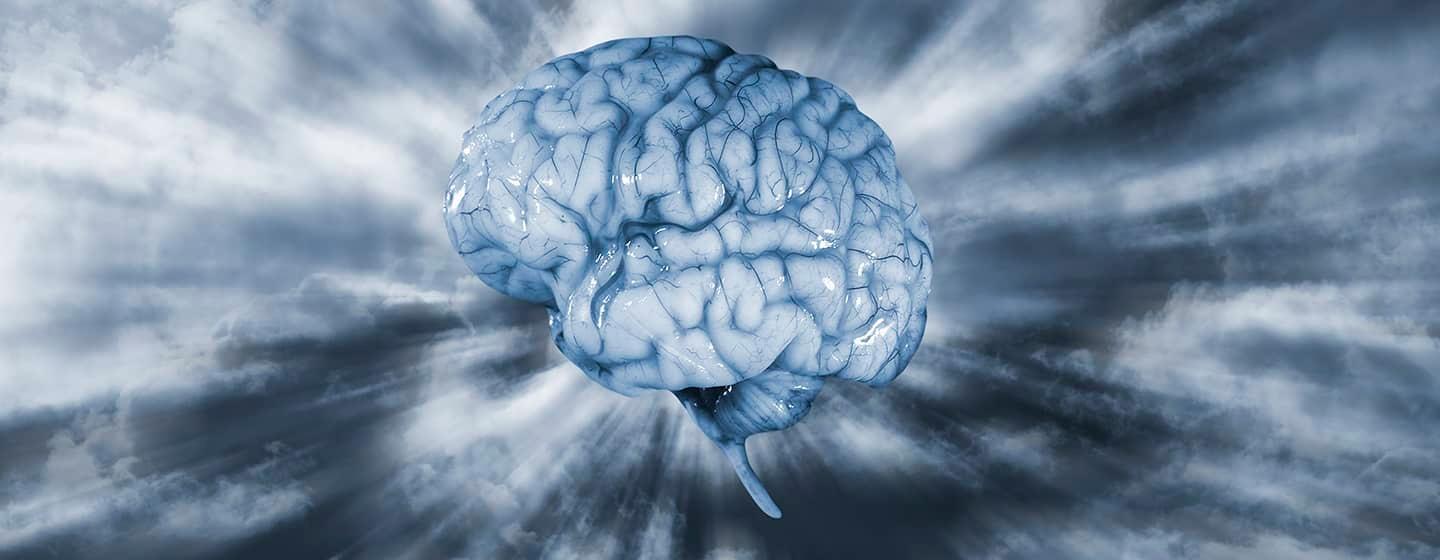Scientists Explore Gut Health to Brain Health Connection


Long before someone experiences the hand tremors, shaking or loss of balance associated with Parkinson’s disease, there are changes in their gut that could signal potential problems.
Researchers at East Carolina University’s Brody School of Medicine are studying that potential link.
The question: does Parkinson’s and other neurodegenerative diseases start in the brain or the stomach?
It’s a unique approach to studying Parkinson’s disease, which affects more than 10 million people worldwide and has no cure.
“Research typically centers on the brain to solve the issue, and that’s been incredibly difficult, which is why there are no drugs to do it,” said Dr. John Cavanagh, Professor and Chair of the Department of Biochemistry and Molecular Biology. “We decided to work our way back, to ‘What is the early onset of these neurodegenerative diseases?’ And since the gut is really connected to the brain, we’re concentrating on the gut and what it can tell us.”
Researchers have focused on the gut microbiome in recent years, as studies are highlighting the importance of the microbiome on our overall health and in fighting diseases.
A microbiome, by the way, is the community of microorganisms (such as fungi, bacteria, and viruses) that exist in a particular environment, in this case, the gastrointestinal tract.
The gut microbiome not only helps digest food, it helps boost the immune system and moderates inflammatory responses.
“Bacteria in the gut make proteins that look similar to the proteins in our brain that cause Parkinson’s,” said Dr. Tonya Zeczycki, Associate Professor of Biochemistry and Molecular Biology. “Those proteins from the gut can interact with the proteins in the brain and — we think — set off the disease. I’m figuring out how they interact. Then I hand that information off to John, and he works on shutting off those bacteria from making those proteins.”
Dr. Alessandro Didonna, an assistant professor in the Department of Anatomy and Cell Biology is also studying proteins, but his focus is on the role of proteins in multiple sclerosis.
MS is a disease in which the immune system eats away at the protective covering of nerves. That damage disrupts communication between the brain and the body, which results in a range of symptoms from vision loss to impaired coordination.
Physical therapy and medications that suppress the immune system can help with symptoms and slow disease progression.
Dr. Didonna is testing the novel idea that a particular protein known as Centaurin A1 regulates the vulnerability of neurons against neuroinflammation, which could have implications for other diseases.
“Centaurin A1 is already known to be involved in Alzheimer’s disease, which is another chronic neurodegenerative disorder,” said Didonna. “But while we have a good understanding of the molecules and cellular processes governing the autoimmune response in MS, we don’t have a full picture of the physiological mechanisms adopted by the nervous system to cope with the disease. This project may shed light on a possible new factor regulating neural loss in MS progression. That knowledge could help with new therapies.”
All three research projects promise new understandings about brain health.
“Research is an adventure, the process is self-perpetuating, and knowledge about brain health is typically acquired in bits and pieces through small discoveries rather than through an epiphany,” said Dr. Russ Price, professor in the Department Biochemistry and Molecular Biology and Internal Medicine.